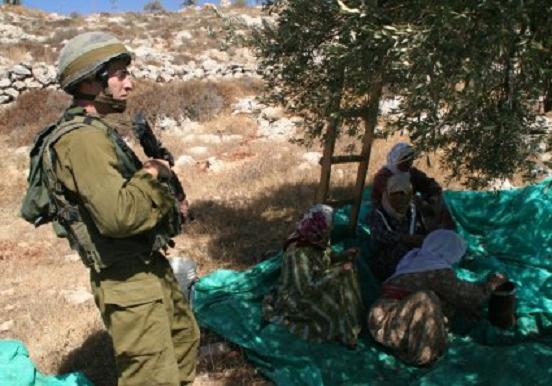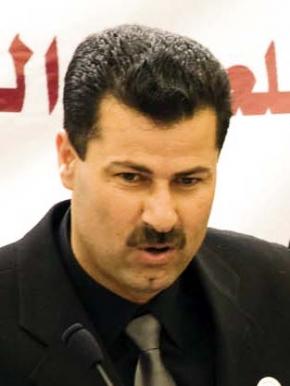-
Join the 2010 Olive Harvest Campaign
At a time of increasing settler violence in the West Bank, the International Solidarity Movement is issuing an urgent call for volunteers to participate in the 2010 Olive Harvest Campaign at the invitation of Palestinian communities. The olive tree is a national symbol for Palestinians. As thousands of olive trees have been bulldozed, uprooted and […]
-
Abdallah Abu Rahmah: Know the facts and act now for the freedom of a nonviolent freedom fighter
27 August 2010 The West Bank village of Bil’in has become a symbol of the wider popular resistance movement in Palestine. Abdallah Abu Rahmah, head of Bi’in’s Popular Committee, is one of many key organizers of peaceful resistance that Israel has used legal means to persecute. He was convicted on Tuesday of two out of […]
-
Armed settler guards attack mosque in Wadi Hilweh, shots fired at Palestinian residents
26 August 2010 | Wadi Hilweh Information Center Violence has swept through Wadi Hilweh again as Israeli settler security guards attempted to storm the neighborhood mosque last night, in what marks the third time such an attack has been launched on the local religious site. Settler guards fired live ammunition at Palestinian residents in the […]
Action Alert An Nabi Saleh Apartheid Wall Arrests BDS Bethlehem Bil'in Cast Lead Demonstration Denial of Entry Ethnic Cleansing Farmers Gaza Global Actions Hebron House Demolition International law Israeli Army Jerusalem Live Ammunition Nablus Ni'lin Prisoner Ramallah Rubber-coated steel bullets Settlement Settlers Settler violence Tear-Gas Canister Video


